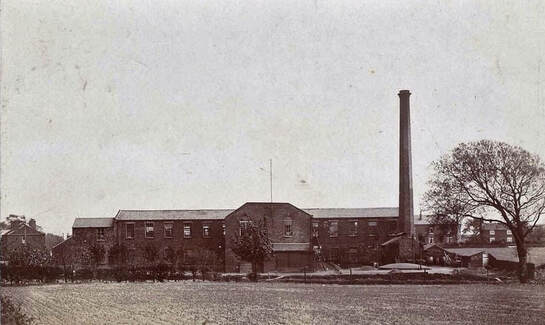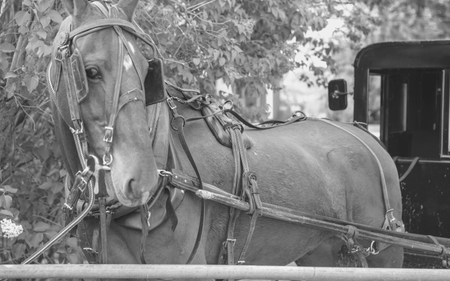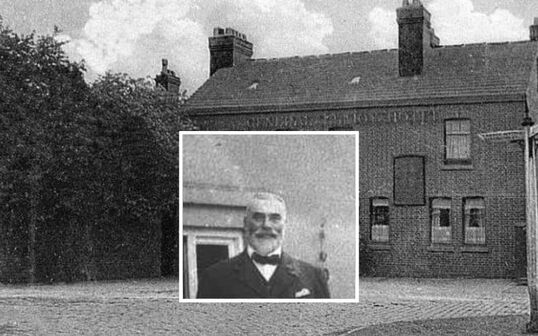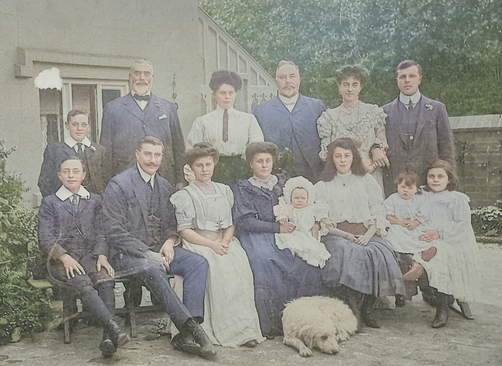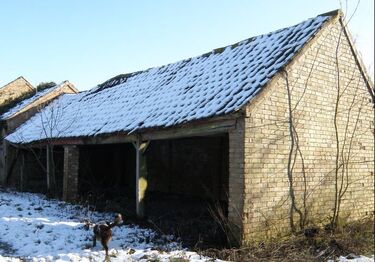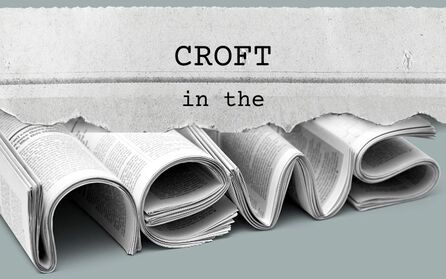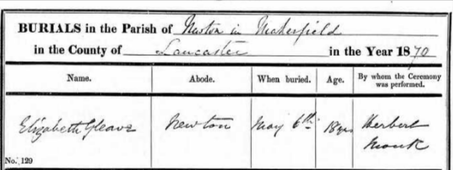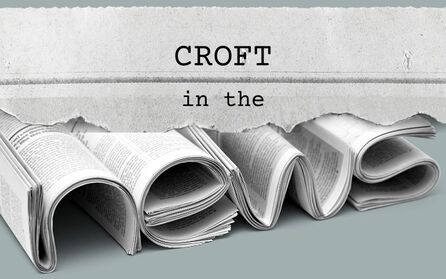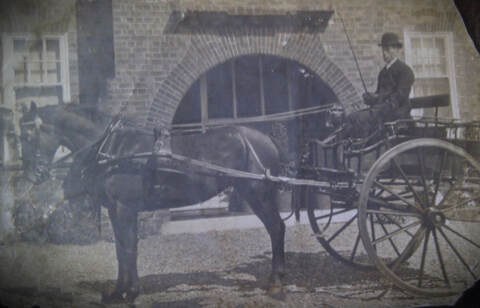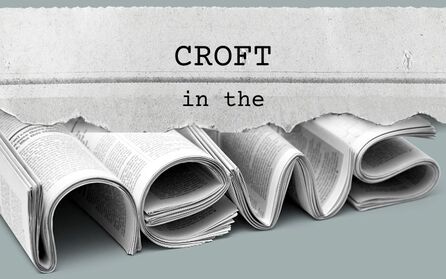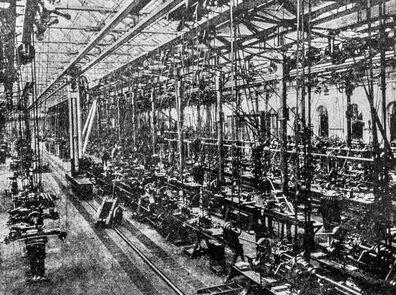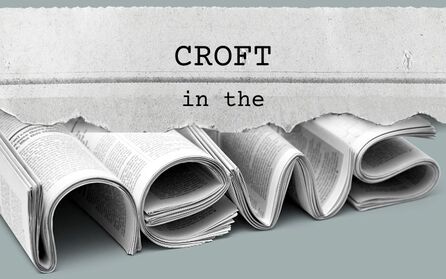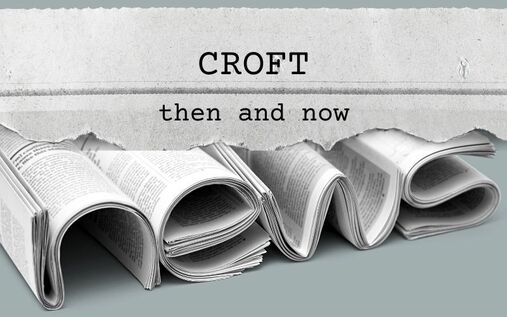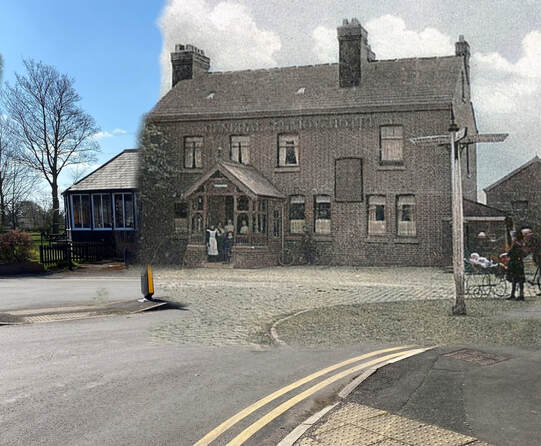|
The Cotton Factory Times was a weekly British newspaper, aimed at cotton mill workers in Lancashire and Cheshire. It ran from 1885 – 1937.
Here are a selection of articles featuring local places and people. Friday 22nd June 1894 Outing – On Saturday afternoon the foremen of Messrs. T Barnes and Co., Farnworth Cotton Mills, had their annual picnic to Croft, near Warrington. In a first-class turnout a start was made from Gladstone Road at 115, and on reaching Chat Moss Hotel a stop was made for one hour while the party had a game at bowls and refreshments. They then commenced the journey to Croft, which was reached about 430. A first-class knife and fork tea was partaken of at the Horse Shoe Inn. After tea a few had a ramble in the country, and the others enjoyed themselves on the green with bowls, etc. The return journey was commenced at 845, and the party arrived home about 1145 well pleased with their out. Friday 17th June 1892 FATAL ACCIDENT TO AN OVERLOOKER – On Friday evening James Vanse, aged 43, overlooker, at the Daisy Bank Mill, Culcheth, near Leigh, went up a ladder to get something out of the spout, when the ladder slipped and he fell to the ground and sustained injuries to his head, from which he died the same night. The inquest was held on Monday afternoon, when a verdict of accidental death was returned. Friday 13th April 1906
Accident – Early on Saturday morning a tape weaver named Miss Ellen Collier, of Warrington Road, Glazebury, and employed at Messrs. Gill and Hartley’s, Glazebury Mill, was following her employment when she got her right arm entangled, with the result that it was broken just above the wrist. Friday 18th September 1891 SHOCKING SUICIDE OF A WEAVER – The operatives employed at the Glazebury Weaving Shed of Messrs. Gill and Hartley, near Leigh, were thrown into a state of consternation on Tuesday evening by the intelligence that a weaver, employed at the mill, named Richard Massey, had shot himself at his residence, Fowley Common, where he resided with a man named Taylor. Taylor went home about 11 o’clock on Tuesday night, and went to bed without getting a light. After being in bed some time, he called out to Massey, but, receiving no answer, he struck a light, and found his fellow lodger stretched on the floor dead, with a bullet through his head. Deceased had apparently tied a piece of string to the trigger of a gun, and so shot himself. Massey, who was nearly fifty years of age, had lately been very depressed, and had frequently threatened to put an end to his life. Friday 26th March 1897 ACCIDENT TO A SCAVENGER – An alarming accident happened at No. 3 spinning room of the No. 1 mill of the Mather Lane Spinning Co., on Tuesday morning, about half-past ten, to a scavenger residing at Warrington Road, Glazebury, named William Johnson. He was new to his work, and he went under the carriage as the wheel was going up, with the result that his hips were crushed and the sinews ruptured. He was immediately conveyed to Dr. King’s, who attended to his injuries, and he is progressing as favourably as can be expected. Friday 23rd February 1906 Marriage – On Saturday afternoon, at the Newchurch Parish Church, in the presence of a large number of relatives and friends, the marriage was celebrated of Miss Maggie Yates and Mr. Thomas Gould, both mill operatives, and residing at Culcheth. The bride is employed as a weaver and the bridegroom as a twister at the Daisy Bank Manufacturing Co.’s mill, Culcheth. A good number of their workmates were present at the dinner, which was served at the house of the bride, after which a pleasant evening was spent. The happy couple have been the recipients of numerous and useful presents. Manchester Mercury
|
AuthorCheyvonne Bower Archives
July 2024
Categories
All
|

